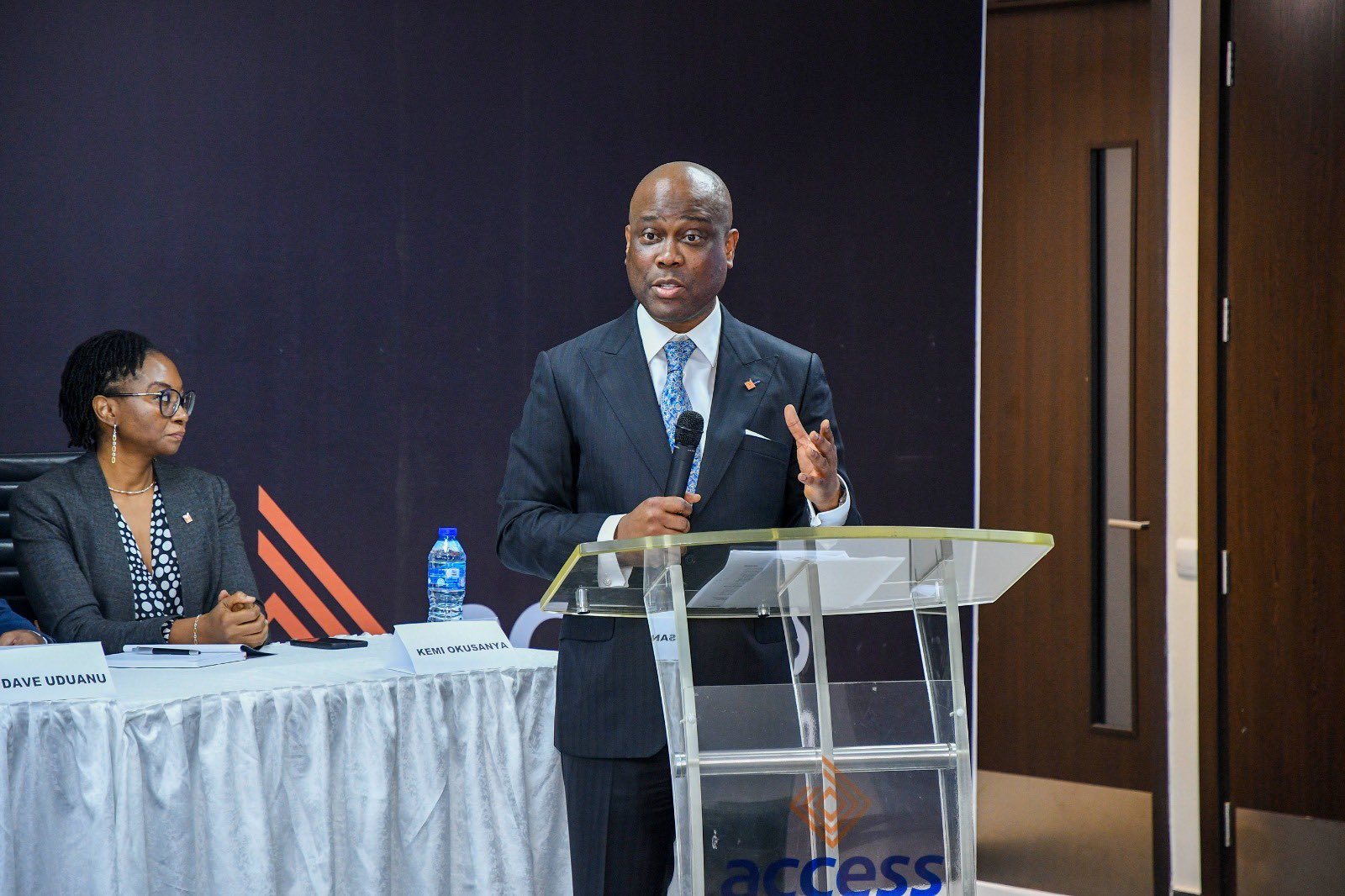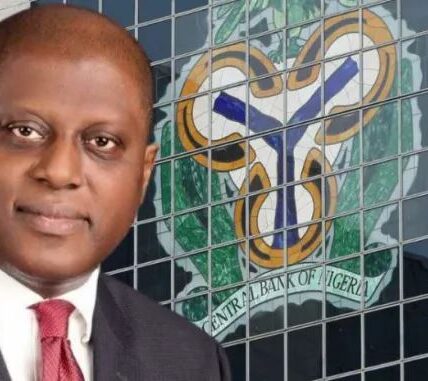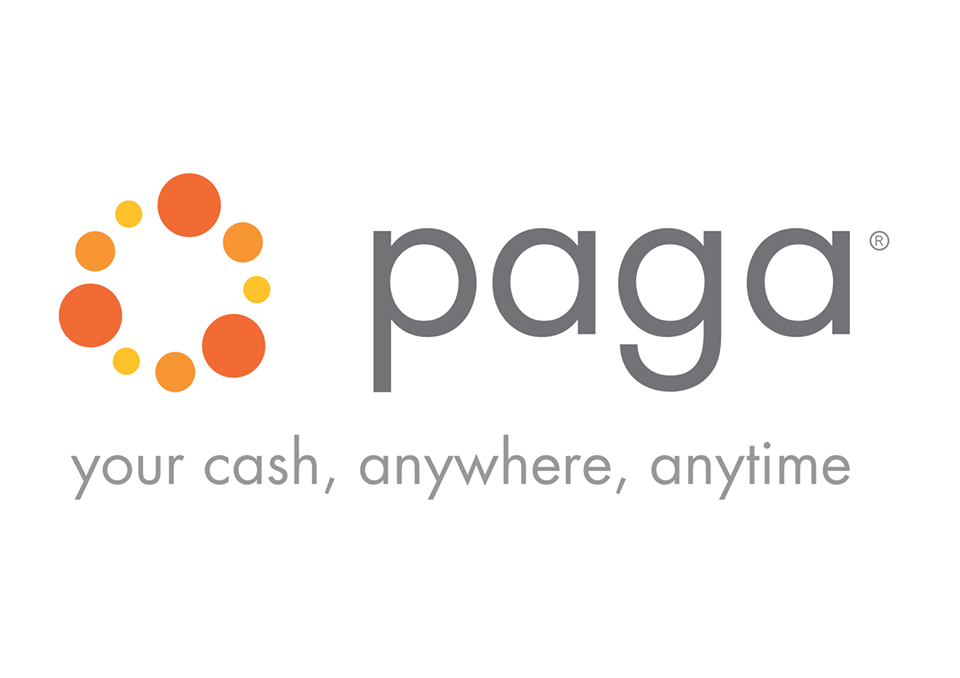More reactions from informed financial analysts have continued raise concerns on whether some banks are still strong enough to be in business.
It would be recalled that the Central Bank of Nigeria (CBN) had repeatedly assured Nigerians that some fingered banks in terms of insolvency are still fit to continue their businesses.
But the major fear is growing from the stem of galloping Non-Performing Loans (NPLs) statuses of some banks which may have grown to sizes that are in sync to a collapsing financial institution.
Only recently, the Nigeria Deposit Insurance Corporation (NDIC and the Central Bank of Nigeria (CBN) said they have set up a joint committee to explore the establishment of another Asset Management Company (AMCON-2) to acquire non- performing loans (NPLs) of banks.
Managing Director/Chief Executive, NDIC, Alhaji Umaru Ibrahim disclosed this in Lagos while receiving the Committee on Insurance and Actuarial Matters of the House of Representatives on oversight tour of the corporation.
But just as the Chairman of the Committee, Hon. Olufemi Fakeye, charged NDIC to ensure that the rising incidence of non-performing loans (NPLs) in the banking industry does not become a threat to the nation’s economy, the duo of CBN and NDIC quickly responded that they are already exploring how to tackle the challenge of NPLs in the banking industry.
Ibrahim disclosed further that the emerging plans include the option of establishing another Asset Management Company, bad bank, similar to the Asset Management Corporation of Nigeria (AMCON), which would be private sector funded and driven. He said this was part of the decisions taken during the last quarterly meeting with the CBN.
In an interview with Dr, Ken Igboanugo, a financial analyst, he contended that “There must be something the CBN and NDIC have seen but they do not want to make it public amongst the Nigerian banks and their health statuses”.
“It will be very hard to convince some of us who know this game very well that all is really well with all the money deposit banks in Nigeria.
Continuing, he raised what he described as salient questions. “One; why is it that the existing AMCON cannot manage the so called NPLs now that another one is being planned to be floated with private money?
“Secondly, why the tension and anxiety in setting it up?; and finally, why has the CBN responding faster than affected banks when issues of solvency and bankruptcy are raised by some experts and news channels?
Efforts made by Business Hilights to get some of the answers to these questions from the apex bank Monday evening failed.
It would be recalled that the managing director of NDIC also told the visiting lawmakers that the second important decision taken alongside the CBN was to study the need to establish what they call AMCON-Two; that is the second round of AMCON, which would be driven by the private sector.
He noted that “This is very important because we know what has happened. There are concerns about using taxpayers’ money to bailout institutions. So, it is in line of the global best practice that we go back to the drawing board because our initial concept of AMCON in the early 90s is that it was going to be a joint venture between the private and public sector investors, so as to minimise the risk of using taxpayers’ money to resolve the problem of buying and selling of bad loans.
“So, we have established a joint committee that would look into this and we hope that in the long run, we should be able to establish a second AMCON that would be private sector driven. Here, other investors can invest in it and if the CBN, NDIC or the Finance Minister can invest, so that going forward, buying and selling of bad loans would be under the control of that entity. That would pave way for the gradual transition or folding up of the present AMCON”
Ibrahim also disclosed that both the CBN and NDIC are getting worried on rising unconventional financial products, saying “We decided it is time for us to critically study the emergence of some unconventional products that have become prevalent globally in the financial landscape which would radically affect the banking system. Here am talking about digital banking.
“The emergence of Bitcoins, they are going to radically transform the banking space, and the entire financial system space. Bitcoins are used as payment instruments and you can’t trace those who transact in Bitcoins. They buy and transact among themselves and in certain countries, Bitcoins are even converted in cash. Some big banks in the United States have developed their own Bitcoins.
“Now, this has compelled regulators over there to wake up. “These instruments are invisible, so how do you measure the amount of money in the market? When they now tell you about inflation, how do you try to curtail the amount of money in circulation?
“So, it is a big wake up call, for us in countries where this phenomenon is creeping in slowly. So, they are new advanced Wonder Banks and for that reason, we have established a joint committee with the CBN to have a holistic study of this phenomenon. So, I am happy to say we are thinking ahead and very soon there would be regulations, if not legal framework to manage this emerging instrument,” NDIC boss, Ibrahim noted.”
Beyond every doubts, there appears to be no let-up in asset quality pressure on Deposit Money Banks (DMBs) in the country, as latest figures released by the Central Bank of Nigeria (CBN) and international/ local rating agencies show a sharp rise in the industry’s non-performing loans (NPLs).
Recently, global rating agency, Moody’s Investors Service, published a report on the country’s banks, stating that it expects NPLs to increase to around 12 per cent over the next 12 months, compared to the five per cent as of December 2015 recorded in the CBN’s data.
It noted that while Nigeria’s five biggest banks share common credit challenges related to the slow-down in Nigeria’s oil and gas dependent economy, their ability to withstand weak economic growth and volatile monetary conditions varies.
The banks – Zenith Bank Plc (B1 stable, b1), Guaranty Trust Bank Plc (B1 stable, b1), Access Bank Plc (B1 stable, b2), United Bank for Africa Plc (B1 stable, b2) and First Bank of Nigeria Limited (B2 negative, b3) – have all been affected by the weakening domestic operating environment following the prolonged period of lower oil and gas prices.
The more challenging environment, coupled with Moody’s view of the high likelihood of support from the Nigerian government (B1, stable), largely explains the narrow range of issuer ratings of the five banks, the experts said.
“However, despite shared credit challenges, there are differences among the banks in terms of their respective abilities to withstand weak economic growth and volatile monetary conditions, which are reflected in their differing baseline credit assessments (BCAs) that range from b1 to b3,” said Akin Majekodunmi, a Moody’s Vice President – Senior Analyst and co-author of the report.
“Overall, Moody’s views Zenith and GTBank as best placed to cope, followed by Access and UBA and then FBN.” The publication of the peer comparison report follows Moody’s announcement on September 15 that the ratings agency has assigned first-time ratings to Zenith, GTBank, UBA and FBN, which account for approximately 48 per cent of Nigeria’s banking assets.
The agency said the forecast rise in NPLs stems from lower oil prices, a weakening naira, slower Gross Domestic Product (GDP) growth and rising inflation. Likewise, it expects foreign currency deposits, which have fallen around 30 per cent since the start of 2015, to stabilise over the next 12 to 18 months, as the impact of lower oil prices and the Central Bank of Nigeria (CBN)’s adoption of a Treasury Single Account fades. Moody’s expects loss absorbing capital buffers to hold steady on account of muted loan growth of around five -10 per cent over the next 12 to 18 months.








